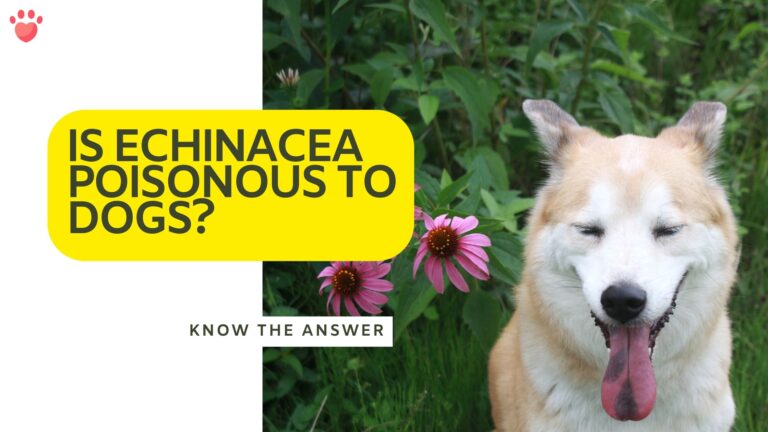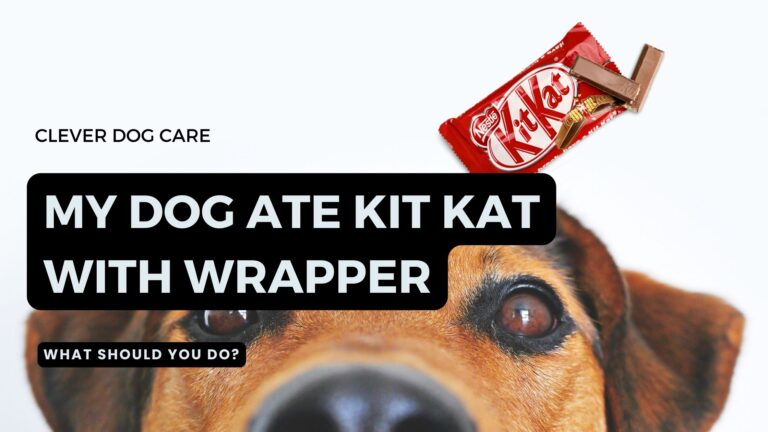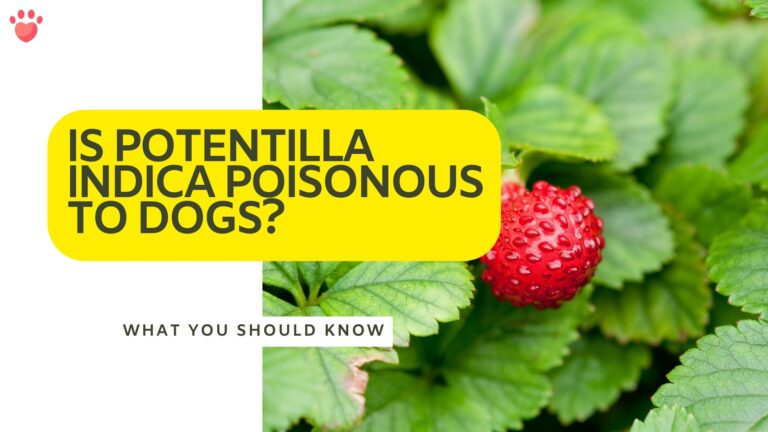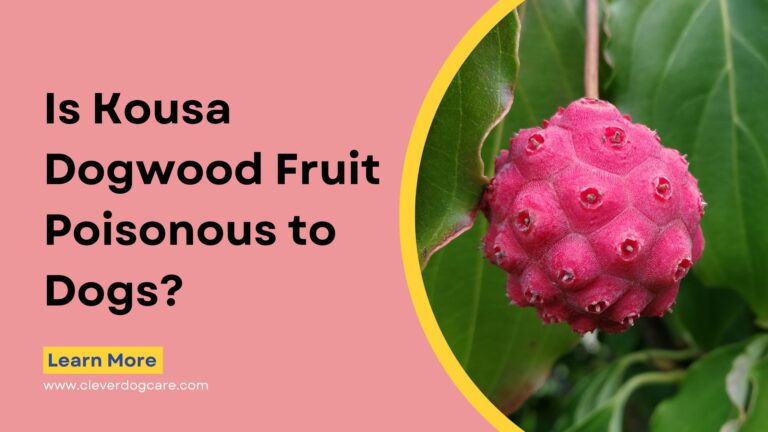What to Do if Your Dog Licked Citronella Oil: Tips for Keeping Pets Safe
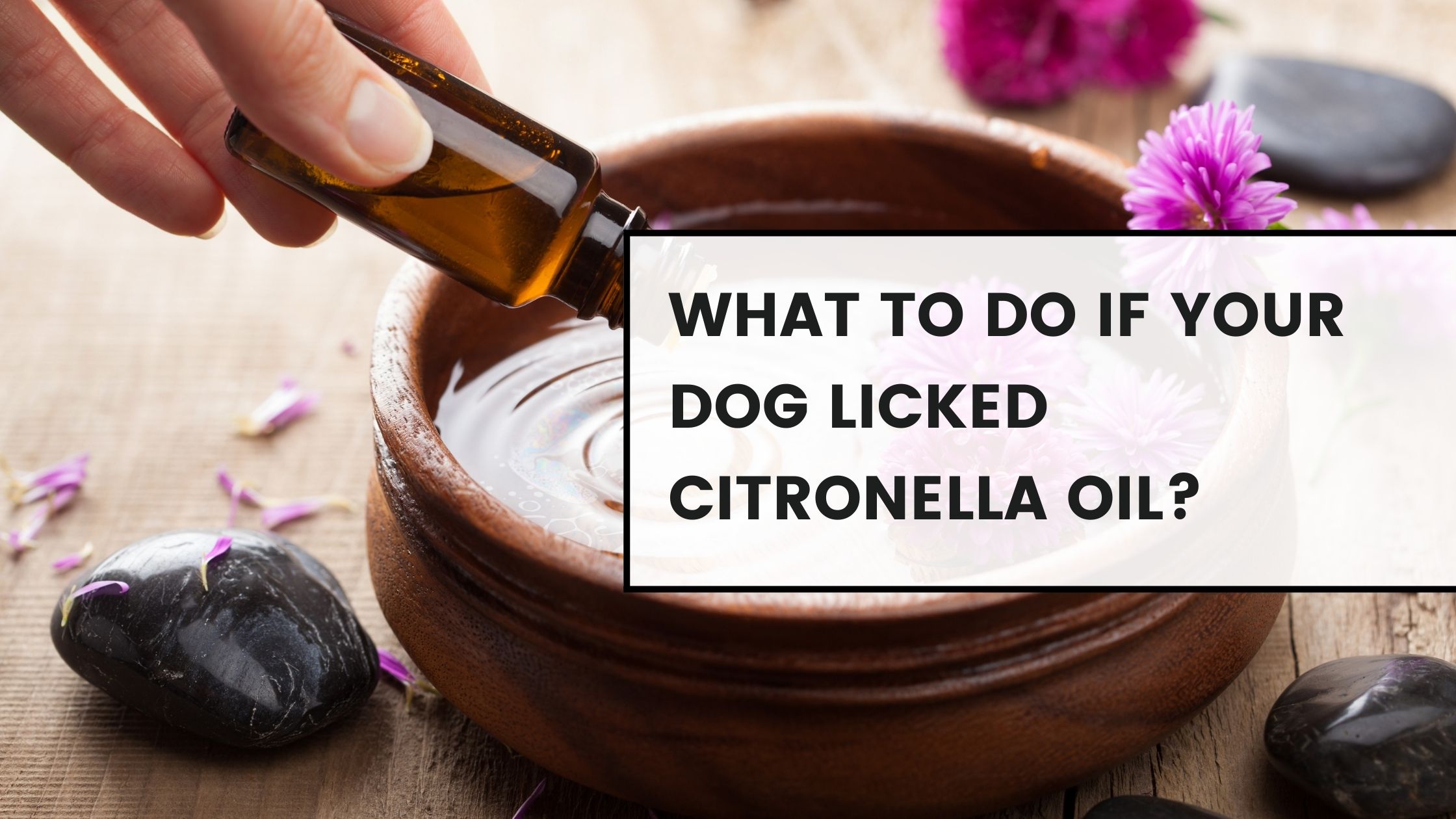
Have you been panicking because your dog just licked citronella oil? You’re not alone- it’s a common mistake that pet owners make and can be very alarming when it happens. I’ve been researching what to do in this situation for years now, so I know how worrying it is for you. It’s important to act fast; luckily, there are professional tips and advice available that’ll ensure your furry companion stays safe!
In this article, I’m going to share my knowledge on the best ways to help if your dog has licked citronella oil. We will discuss why they should avoid this product, what symptoms to look out for and immediate steps you should take. By the end of reading this helpful guide, youll have learned how to care for your pup in case of an accident as well as preventive measures you can take in future cases. So let’s get started!
Why Dogs Should Avoid Citronella Oil
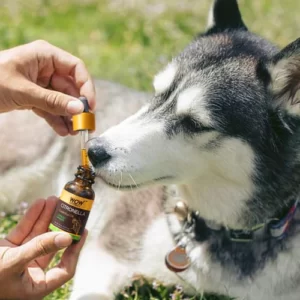
Ingesting citronella oil can be extremely dangerous for dogs. The main component of this oil, citronellol, has the potential to cause a range of health problems for our furry friends. When a dog ingests citronella oil, it can irritate their mouth and throat, leading to discomfort and difficulty swallowing.
Furthermore, if the oil reaches their stomach, it can cause irritation and inflammation in their digestive system. This may result in symptoms such as vomiting or diarrhea. In more severe cases, ingestion of citronella oil can actually lead to liver damage or respiratory problems in dogs.
To avoid these dangers, pet owners should take extra precautions when using products that contain citronella around their pets. It is vital not only to keep these items out of reach but also to supervise dogs closely when outside where such repellents may have been applied.
Key points:
– Citronella oil is toxic to dogs when ingested.
– The main component called citronellol can irritate the dog’s mouth and throat.
– Ingestion may lead to more serious health issues like liver damage or respiratory problems.
So remember: while you enjoy the benefits of insect repellents containing citronella oil during your summer evenings outdoors,
always prioritize your furry friend’s safety by keeping them away from any potentially harmful substances!
We have covered an extensive guide on Ashwagandha which includes are dogwood trees poisonous to dogs. Further to better understand the herb and its various uses, we have covered topics like is aspartame poisonous to dogs which you might be interested in. Also, check out our recent posts: are citronella plants poisonous to dogs
Symptoms to Look Out For

If your furry friend has gotten a little too curious and decided to taste some citronella oil, you might be wondering what to do next. Well, let me tell you, there are a few symptoms that you should keep an eye out for. First off, excessive drooling is one of the signs that your pup might not be feeling so great after their citrusy adventure. If they start slobbering more than usual, it could be a red flag.
Another symptom to look out for is vomiting. If your doggy starts tossing their cookies after licking citronella oil, it’s time to take action. Keep an eye on them and make sure they’re okay because this could indicate that something isn’t sitting right in their tummy.
Diarrhea can also rear its ugly head if Fido has had a taste of the oil. It’s never pleasant when our four-legged pals have liquidy poo-poo problems (I mean seriously, who wants to clean up that mess?). So pay close attention and if things get messy down there for your pup, it’s best to consult with a vet.
Coughing or difficulty breathing may also occur in dogs who have licked citronella oil. These symptoms can be quite concerning as they suggest potential respiratory issues. In such cases, don’t delay seeking veterinary assistance as immediate attention is crucial for your pet’s well-being.
Remember folks, when it comes to our furry friends’ health and safety, it’s always better to err on the side of caution!
Also Read: https://cleverdogcare.com/is-echinacea-poisonous-to-dogs/
Immediate Steps to Take
It’s important to remember that citronella oil can be toxic to dogs if ingested in large quantities. So, the first step is to remove as much of the oil as possible from their mouth. Grab a clean cloth or paper towel and gently blot away any visible oil. Be careful not to press too hard or cause any discomfort for your furry friend.
Once you’ve removed the excess oil, it’s time to rinse their mouth with water. Use a gentle stream, like from a spray bottle or faucet, and direct it towards their tongue and gums. The goal here is to dilute and wash away any remaining traces of citronella oil.
To ensure thorough rinsing, continue this process for several minutes. While doing so, monitor your dog closely for any signs of distress or discomfort. If they show symptoms such as excessive drooling, vomiting, difficulty breathing, or unusual behavior, contact your veterinarian immediately.
- Remove excess citronella oil by blotting with a clean cloth
- Rinse their mouth gently with water for several minutes
- Monitor your dog closely for any signs of distress
- Contact your veterinarian if any concerning symptoms appear
In conclusion,
If you find that your dog has licked citronella oil, swift action is crucial. Remember to remove excess oil using a clean cloth before proceeding to rinse their mouth thoroughly with water. Keep an eye out for any abnormal behavior or symptoms indicating potential toxicity and seek professional help if necessary.
Also Read: https://cleverdogcare.com/can-dogs-eat-quenepas/
Contacting Your Veterinarian
When it comes to our furry friends, we always want what’s best for them. So, if you find yourself in a situation where your dog is in need of immediate care, remember that there are some steps you can take before rushing to the vet.
First and foremost, assess the situation calmly. Is your dog bleeding? Choking? Having trouble breathing? It’s important to stay calm and think clearly so that you can provide the necessary aid. If your dog is bleeding, apply gentle pressure to the wound with a clean cloth or bandage. This will help slow down the bleeding until you can get professional help.
Next, consider any potential toxins or hazards that your dog may have been exposed to. Did they ingest something harmful? Are they showing signs of poisoning? If so, try to identify what they might have gotten into and remove it from their environment immediately. Keep an eye out for symptoms such as vomiting, diarrhea, or unusual behavior.
Once you’ve taken these initial steps, it’s crucial to reach out to your veterinarian for further guidance. They are experts in animal health and will be able to assess the severity of the situation based on factors like your dog’s size and breed. They may ask you questions about their symptoms or advise you on how best to transport them safely.
Remember: every minute counts when it comes to our beloved pets’ well-being. So don’t hesitate – contact your vet as soon as possible for specific instructions tailored specifically for your four-legged family member!
Also Read: https://cleverdogcare.com/can-dogs-eat-quenepas/
Treatment Options
When it comes to dealing with a dog who has ingested citronella oil, the course of action will depend on how serious the symptoms are and how much of the oil your furry friend managed to swallow. Your trusty veterinarian may suggest inducing vomiting, which might sound unpleasant but can actually be quite effective in getting rid of any harmful substances lurking in your pup’s tummy. Another option they might consider is giving activated charcoal. Now, don’t worry, this isn’t the same stuff you use for grilling up some tasty burgers! Activated charcoal is like a superhero that swoops in and absorbs toxins, preventing them from wreaking havoc on your pooch’s body.
In more severe cases or if your dog has ingested a large amount of citronella oil, medication could be prescribed by the vet to help counteract any adverse effects. They may also recommend supportive care measures such as intravenous (IV) fluids if necessary. These fluids can help keep your furry companion hydrated and provide essential nutrients while their system recovers. It’s important to remember that every situation is unique, so make sure to consult with a professional who knows all about our four-legged pals before taking any action.
So there you have it when it comes to treating a dog who has swallowed citronella oil, there are various options at hand depending on the severity of their symptoms and the quantity consumed. Remember to always reach out to your veterinarian for guidance because they’re like superheroes too when it comes to keeping our beloved pets safe and sound!
Also Read: https://cleverdogcare.com/is-potentilla-indica-poisonous-to-dogs/
Preventive Measures for Future Incidents
When it comes to keeping our furry friends safe, we often overlook the potential dangers that lurk in everyday household items. Take citronella oil, for example. While it may work wonders at repelling pesky insects and creating a serene outdoor atmosphere, it can pose a serious risk if ingested by our canine companions.
To prevent any unfortunate incidents from occurring, it is vital to ensure that all insect repellents and candles containing this potent ingredient are stored well out of reach of your dog. Dogs are known for their curious nature and tendency to explore everything with their mouths, so taking this extra precaution will help minimize the chances of them getting into trouble.
- Place citronella-based products on high shelves or inside locked cabinets.
- If you’re using citronella candles outdoors, keep them elevated on tables or other surfaces that your pup cannot access.
- Consider switching to pet-friendly alternatives such as mosquito repellent sprays specifically formulated for dogs.
Bold tags allow us to emphasize important points: not only do they make sure we catch the attention of dog owners who may be unaware of the risks associated with citronella oil ingestion but also highlight alternative solutions worth considering.
Luckily, there are numerous natural remedies available that can effectively ward off those annoying bugs without putting our four-legged friends in harm’s way. For instance:
- Lavender oil: Its soothing aroma acts as a natural bug repellent while being safe for dogs when used properly.
- Cedarwood chips: Placing these around your yard or garden creates an inhospitable environment for insects without endangering your pup’s health.
In conclusion,a little awareness goes a long way in safeguarding our dogs from potential harm caused by citronella oil. By taking simple precautions, such as storing these products out of reach and exploring pet-friendly alternatives, we can ensure that our furry friends stay happy, healthy, and itch-free throughout the summer months.
Conclusion
It’s a beautiful sunny day, and you’re relaxing in your backyard with your furry companion by your side. As you light up some citronella candles to keep the pesky mosquitoes away, you notice that your dog is curiously sniffing around. Suddenly, their tongue darts out and they lick a bit of the citronella oil! Your heart skips a beat as worry overtakes you.
First things first – take a deep breath. While it may seem alarming, licking citronella oil doesn’t necessarily mean immediate danger for your pup. However, it’s important to act quickly and responsibly. Begin by wiping off any excess oil from their mouth using a clean cloth or paper towel. This will help reduce further ingestion of the substance.
Next step – assess the situation and monitor your dog closely for any signs of discomfort or distress. Watch out for symptoms like excessive drooling, vomiting, diarrhea, coughing or difficulty breathing. If these symptoms occur or worsen over time, waste no time in reaching out to your veterinarian for guidance.
Remember that prevention is key in keeping our four-legged friends safe and sound. Consider using pet-friendly insect repellents instead of relying on potentially harmful substances like citronella oil when spending time outdoors with them.
In conclusion, while it can be worrisome if your dog licks citronella oil; staying calm and taking prompt action can make all the difference in ensuring their well-being. Trust yourself to react responsibly and seek professional guidance whenever needed after all, nobody knows better than an experienced veterinarian when it comes to providing proper care for our beloved pets
Also Read: https://cleverdogcare.com/can-dogs-eat-de-la-rosa-mazapan/
FAQ
1. Can dogs get sick if they lick citronella oil?
– Yes, dogs can get sick if they lick citronella oil. Ingesting even a small amount of citronella oil can cause gastrointestinal upset and other adverse reactions in dogs.
2. What should I do if my dog licks citronella oil?
– If your dog has licked citronella oil, it’s important to monitor them closely for any signs of illness or discomfort. Contact your veterinarian immediately for guidance on whether further action or medical attention is necessary.
3. Are there any symptoms to watch out for if my dog licks citronella oil?
– Yes, some common symptoms after a dog ingests citronella oil may include vomiting, diarrhea, excessive drooling, nausea, difficulty breathing, and skin irritation. If you notice any of these symptoms or suspect an issue with your pet’s health, consult a veterinarian promptly.
4. Is there anything I can do at home to alleviate the effects of my dog licking citronella oil?
– It is not recommended to try home remedies without professional guidance when a dog ingests potentially harmful substances like citronella oil. Contact your vet as soon as possible for appropriate advice tailored specifically to your pet’s condition.
5. How can I prevent my dog from licking or being exposed to citronella oil in the future?
– To prevent accidental ingestion of harmful substances like citronella oil by your furry friend, make sure all products containing such oils are stored securely out of their reach. Additionally, using alternative pet-safe insect repellents and keeping an eye on your surroundings during outdoor activities can also minimize exposure risks for pets.


